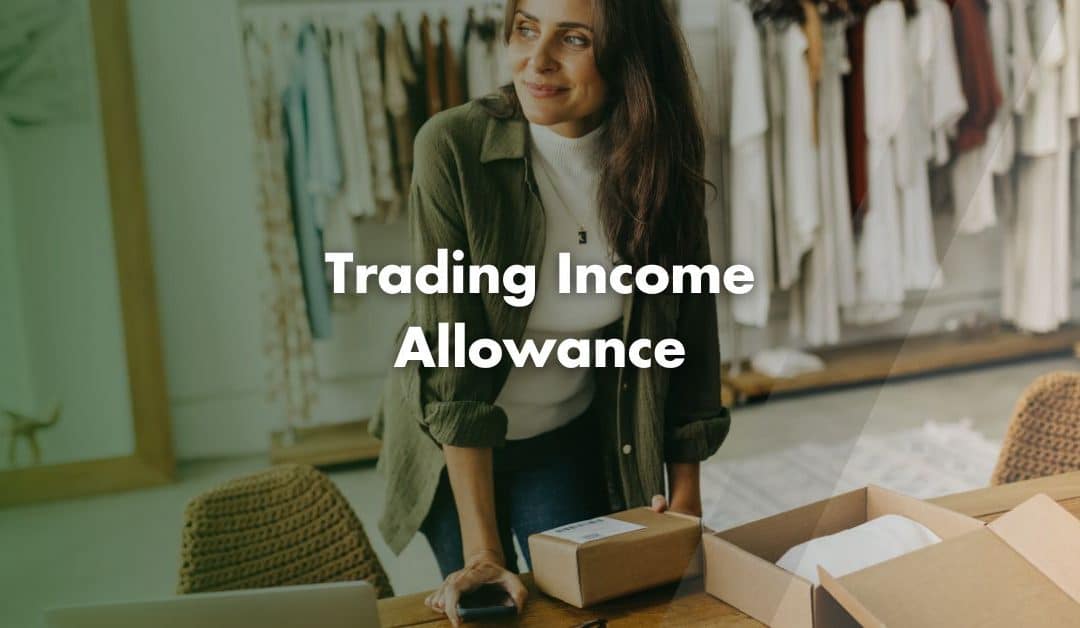HMRC introduced the Trading Income Allowance as a tax exemption, which allows individuals to earn up to £1,000 per year from self-employment or casual trading income without paying tax or reporting it to HMRC.
This applies to income from:
- Selling goods online (Etsy, eBay, etc)
- Freelancing or gig work (graphic design, virtual assistance, etc)
- Casual services (gardening, tutoring, etc)
- Hiring out personal equipment (power tools, photography gear, etc)
If your Gross Trading Income (before deductions) is £1,000 or less, you do not need to declare it to HMRC. If your income exceeds this amount, you must decide whether to claim the allowance or deduct actual expenses to reduce your taxable income.
How to Declare Trading Income Over £1,000
If your total trading income exceeds £1,000 in a tax year, you must register for Self Assessment and file a tax return. You can then choose between:
- Claiming the £1,000 trading allowance, which reduces your taxable income and means you only pay tax on the remainder.
- Deducting actual business expenses, if your expenses exceed £1,000. This may reduce your tax bill more effectively.
For example: You can earn £2,000 from an online and claim the £1,000 Trading Allowance, so HMRC will only tax the remaining £1000. However, if your expenses total £1,500, it would be more beneficial to deduct expenses instead.
When You Must Register for Self Assessment
You must register for Self Assessment if:
- Your trading income exceeds £1,000.
- You want to deduct expenses instead of claiming the allowance.
- You make a loss and want to claim relief.
- You want to pay voluntary National Insurance Contributions to qualify for benefits.
- You need to claim Tax-Free Childcare or Maternity Allowance.
The deadline to register for Self Assessment is 5th October following the end of the tax year in which you earned over £1,000.
When You Cannot Use the Trading Income Allowance
There are some situations where you cannot claim the Trading Allowance, including:
- If your income comes from a company you own or control.
- If your income comes from a business partnership.
- If your earnings comes your employer or your spouse’s employer.
Impact on Benefits and Tax Credits
Using the Trading Income Allowance does not reduce your reported income for certain government benefits and financial assessments.
Tax Credits and Student Loan Repayments – Even if you claim the £1,000 Trading Allowance, HMRC and other authorities may still assess your Gross Trading Income (before deductions) for tax credits and student loan repayment calculations.
Universal Credit – The Trading Allowance does not reduce your Universal Credit earnings calculation, as Universal Credit considers total self-employed income before deductions when assessing your entitlement.
Contact Us
We are not just accountants; we are Chartered Accountants with one of the most reputable and premium accounting bodies. We are registered and regulated by ACCA; so you can rest assured that you are in good hands. Knowing this, don’t hesitate to get in touch with us if you require assistance: Pi Accountancy | Contact Us
The information provided in this article is intended for general guidance and informational purposes only. While we strive to ensure accuracy and keep content up to date, tax laws and regulations may change.

